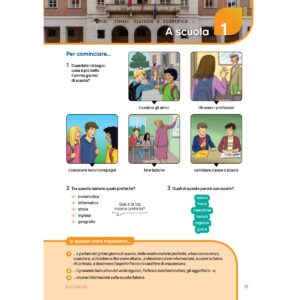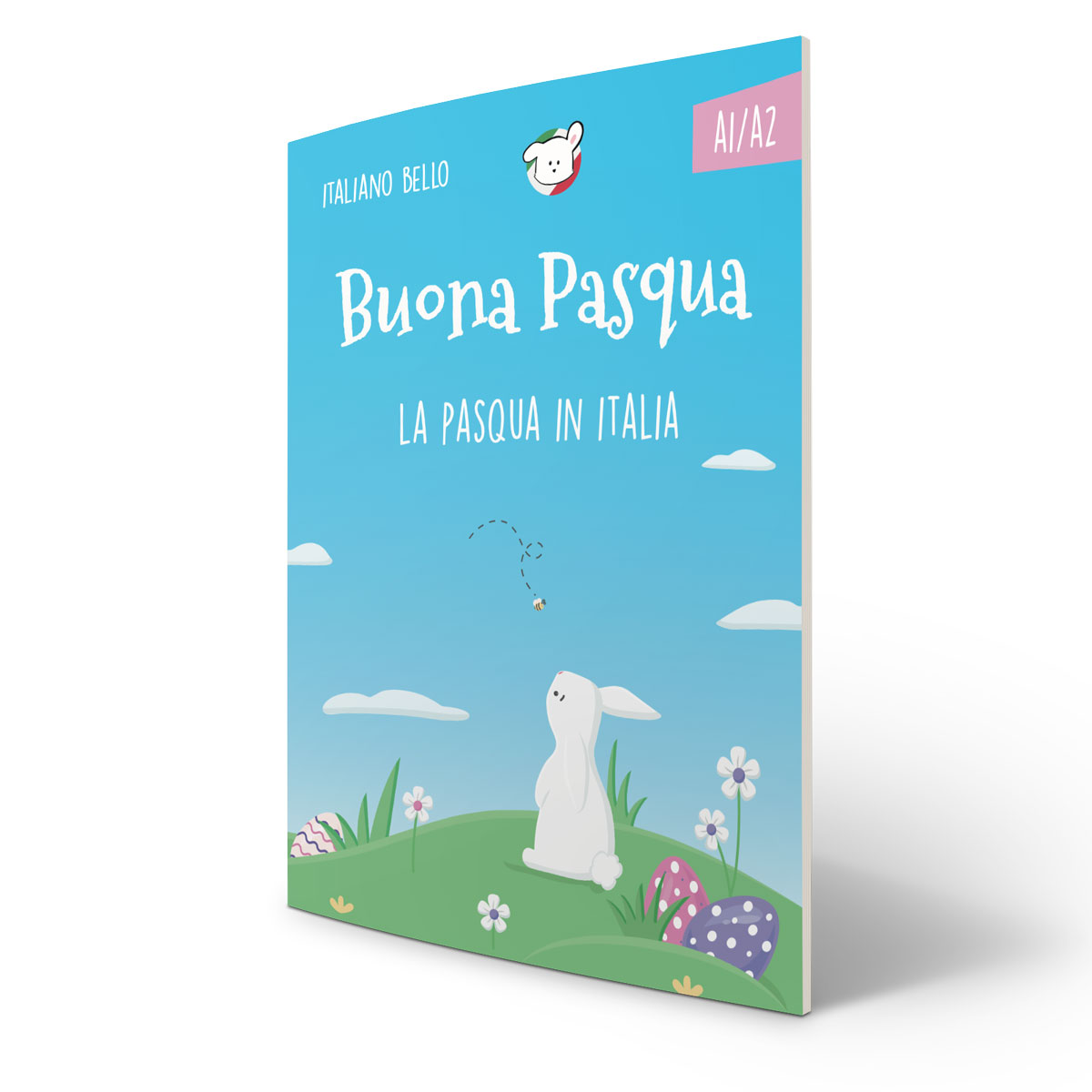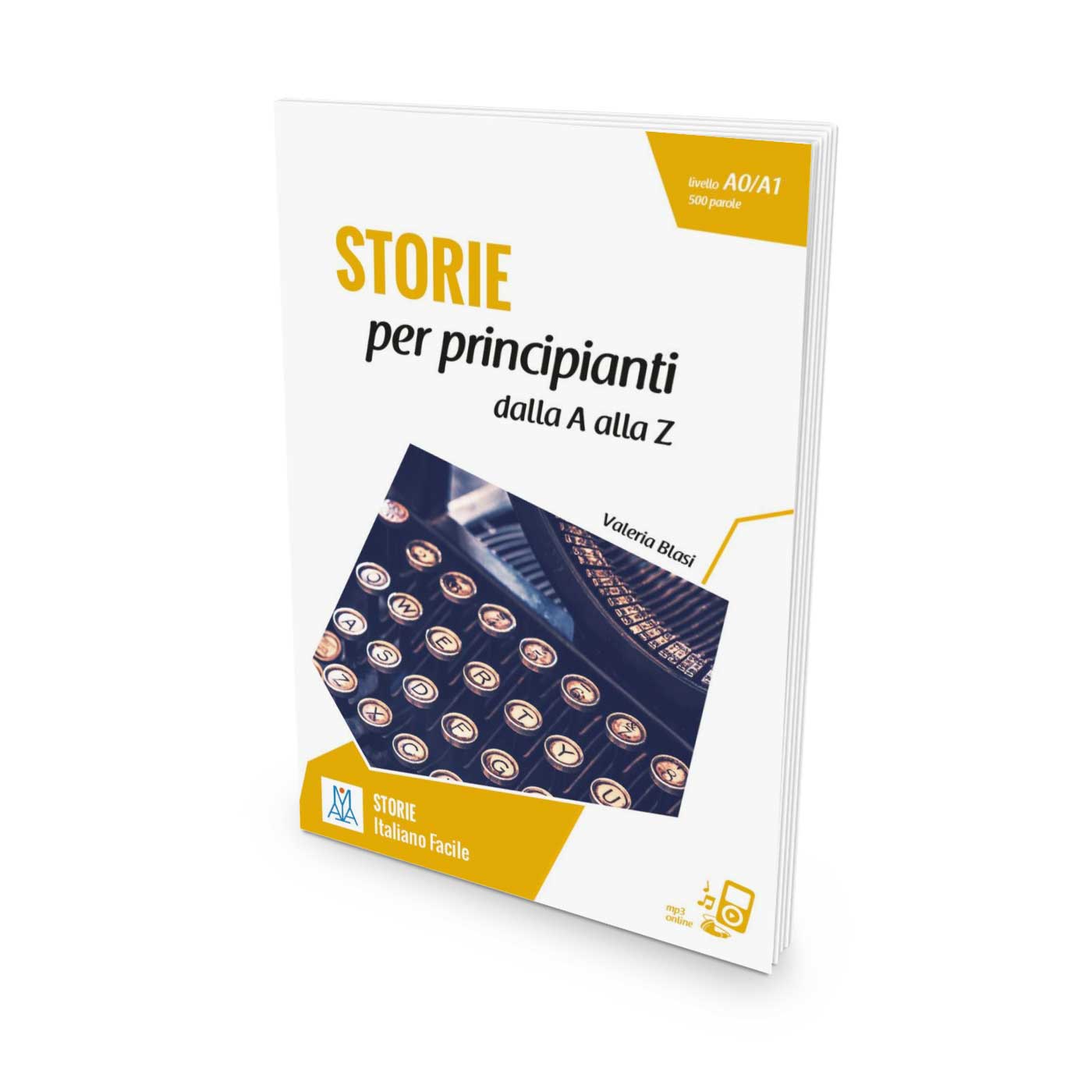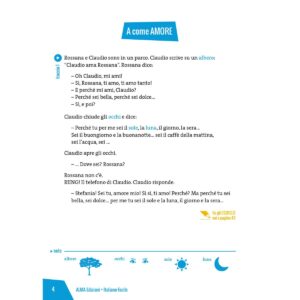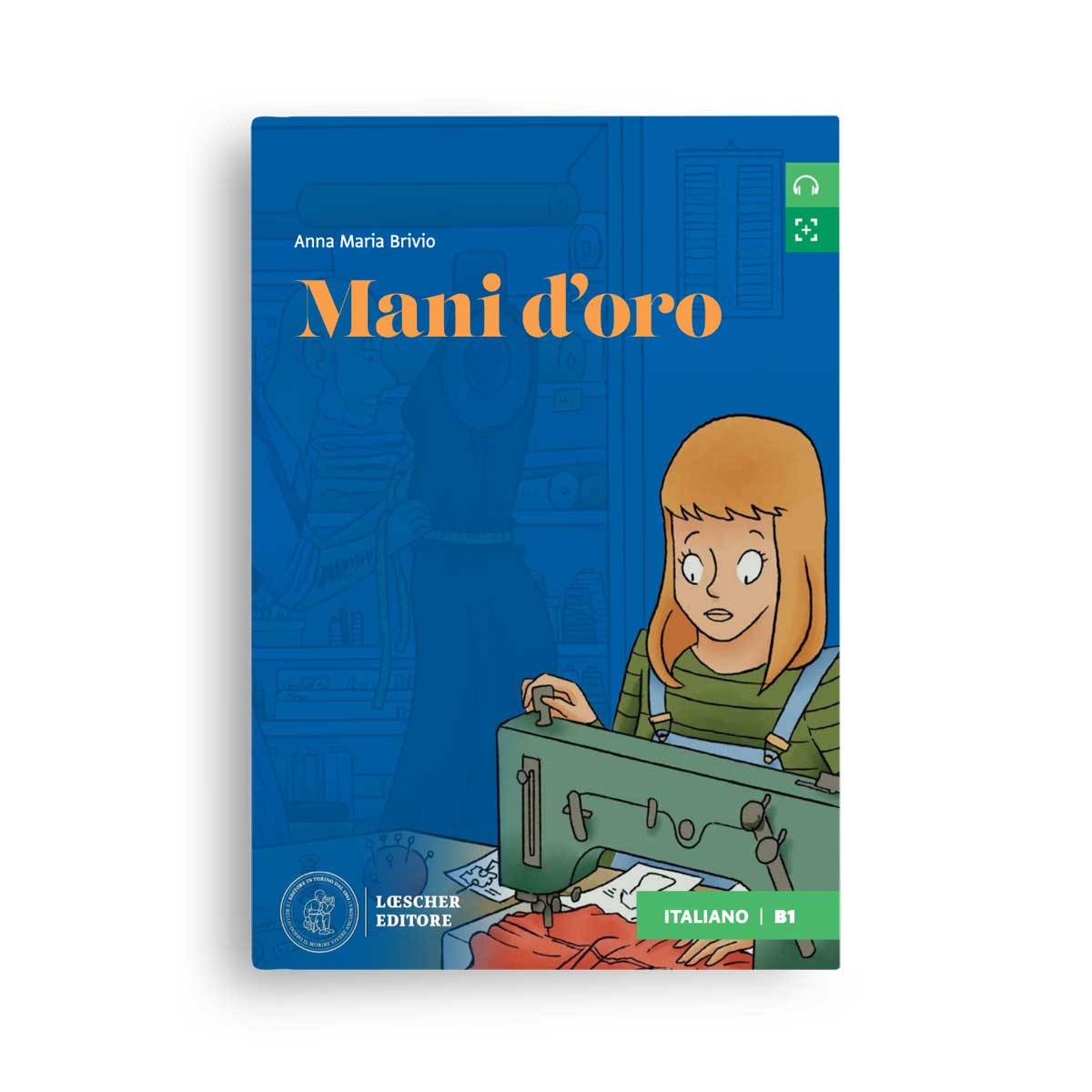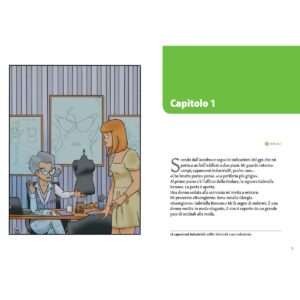We have learned in this lesson how to form the imperative (it. imperativo) in Italian and the most common irregular verbs. In this lesson, we’ll see what happens with reflexive verbs and pronouns.
Imperative with pronouns
When we use the imperative, we may need to add a pronoun. This is the case with reflexive verbs, for example. The pronoun is attached to the verb, except in Lei, where pronouns are placed before the verb.
| ALZARSI | METTERSI | DIVERTIRSI | |
| (tu) | Alzati | Mettiti | Divertiti |
| (Lei) | Si alzi | Si metta | Si diverta |
| (noi) | Alziamoci | Mettiamoci | Divertiamoci |
| (voi) | Alzatevi | Mettetevi | Divertitevi |
| MANGIARE – LO | PRENDERE – LO | OFFRIRE – LO | |
| (tu) | Mangialo | Prendilo | Offrilo |
| (Lei) | Lo mangi | Lo prenda | Lo offra |
| (noi) | Mangiamolo | Prendiamolo | Offriamolo |
| (voi) | Mangiatelo | Prendetelo | Offritelo |
The negation
We have learned that tu behaves differently when we add non, i.e. the verb remains in the infinitive (Non mangiare!). If there is a pronoun, it is attached to the verb according to the rules, losing the e:
Non mangiare >> Non mangiar + lo >> Non mangiarlo
For all persons, it is also possible to put the pronoun before the verb.
| NON MANGIARE – LO | ||
| (tu) | Non mangiarlo / Non lo mangiare | |
| (Lei) | Non lo mangi | |
| (noi) | Non mangiamolo / Non lo mangiamo | |
| (voi) | Non mangiatelo / Non lo mangiate |
Examples
| Se ti piace quel vestito, prendilo, è pure in offerta. | If you like the dress, go for it, it’s even on sale. |
| Tua nonna è all’ospedale, chiamala! | Your grandmother is in the hospital, call her! |
| Scrivimi se hai bisogno di qualcosa. | Write to me if you need anything. |
| Divertiti alla festa! | Have fun at the party! |
| Lavati bene le mani prima di mangiare. | Wash your hands well before eating. |
Peculiarities
In the case of irregular verbs that have a very short form, such as fa’ (from fare), the first letter of the pronoun is doubled. This happens with all pronouns except gli. Look at some examples:
| fare > fa’ | fallo | do it |
| fammi | do to me | |
| dire > di’ | dimmi | tell me |
| digli | tell him, tell them | |
| dare > da’ | dalle | give to her |
| danne | give of it | |
| andare > va’ | vacci | go there |
Examples
| Cos’è successo? Dimmi tutto! | What happened? Tell me everything! |
| Domani vado al supermercato. – Vacci oggi, abbiamo finito il sale. | Tomorrow I go to the supermarket. – Go there today, we are out of salt. |
| Dammi la guida, per favore. | Give me the guide, please. |
| Non mangiare tutta la torta, danne una fetta a tua sorella. | Don’t eat the whole cake, give a slice to your sister. |
| Se vedi mia sorella, dille che ci vediamo domenica. | If you see my sister, tell her I’ll see her on Sunday. |
| Fammi sapere! | Let me know! |
| Stammi bene! | Take care! |
Esercizio
More about the imperative
Unser praktisches E-Book!
Alle Zeitformen des Italienischen mit 50 Verben und Katzen
Was findest du in diesem Buch?
- Eine Einführung zu Verben und Zeitformen
- 50 wichtige Verben mit Illustrationen, Bedeutung und Beispielsätze
- Alle Zeitformen des Italienischen mit Erklärung und Beispielsätzen
- Alle 50 Verben durchkonjugiert für jede Zeitform
- Katzen
Impara di più!

Overview Prepositions with ANDARE
Vado in banca, in piscina, alla stazione, al mare,… Preposizioni con andare



